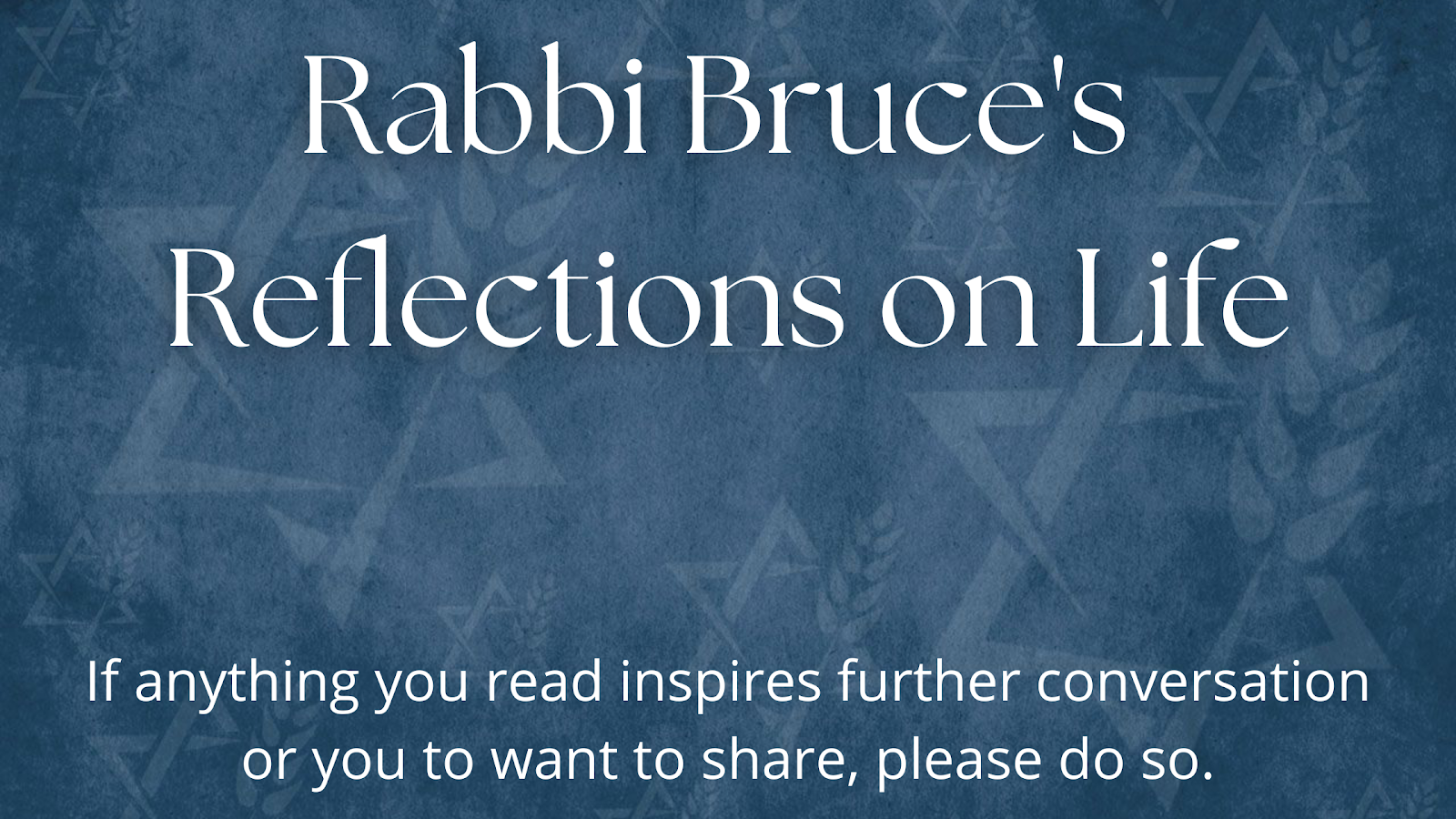Scream Out
Dear Friends,
Do you remember when one would use the phrase that something was a scream and it was meant to be positive?
I was leading a workshop on dealing with antisemitism and one of the students asked about how they could deal with the scream in their hearts. They were referring to the anxiety that they and perhaps all of us feel in the world in which we are living.
As we read about the 10 Plagues, we are reminded of our ancestors who lived in the midst of a world where they were enslaved not only to bondage but to the scream of oppression. We are plagued by many challenges but must not succumb to depression and under involvement or indifference. We must work for change and liberate our world from hopelessness and inspire those with whom we have contact to join us in building a brighter future.
We respond by telling the story in every generation that we are to view ourselves as if we were slaves to Pharaoh in Egypt. We tell the story at our Passover seder in a way that all ages and people with all kinds of backgrounds can understand. We also say that our people were freed from slavery and we have a model of the potential to be liberated from those things that keep us in bondage.
I hope that through education and social action, each of us can do our part to repair our world. This week I led one workshop and participated in one panel to address how to deal with hatred in our world. Last night I spoke to students at George Mason University Hillel and talked about a commentary from the Rabbi of Gur who translates the Hebrew word, “sivlot” as tolerance, rather than suffering, yoke, or burden when discussing the slavery of our ancestors. (Exodus 6:6 commentary by Abraham Twerski in “Living Each Week”) We need to remember to not accept and get used to negativity and must fight against oppression. In a world where there are increasing acts of hatred, we must scream out against that which screams at us.
During this week when we commemorate International Holocaust Remembrance Day on Jan. 27, I hope we will pledge allegiance to making an effort to lessen the burdens which we all have. Be kind, be caring, and share stories of hope. Participate in educational programs where we can learn to live together so that we all can fulfill the words of the Psalmist who wrote in Psalm 133, "how good and pleasant it is when we can come together.” We cannot tolerate prejudice, we must scream out against it.
Shabbat Shalom,
Rabbi Bruce Aft

Comments
Post a Comment